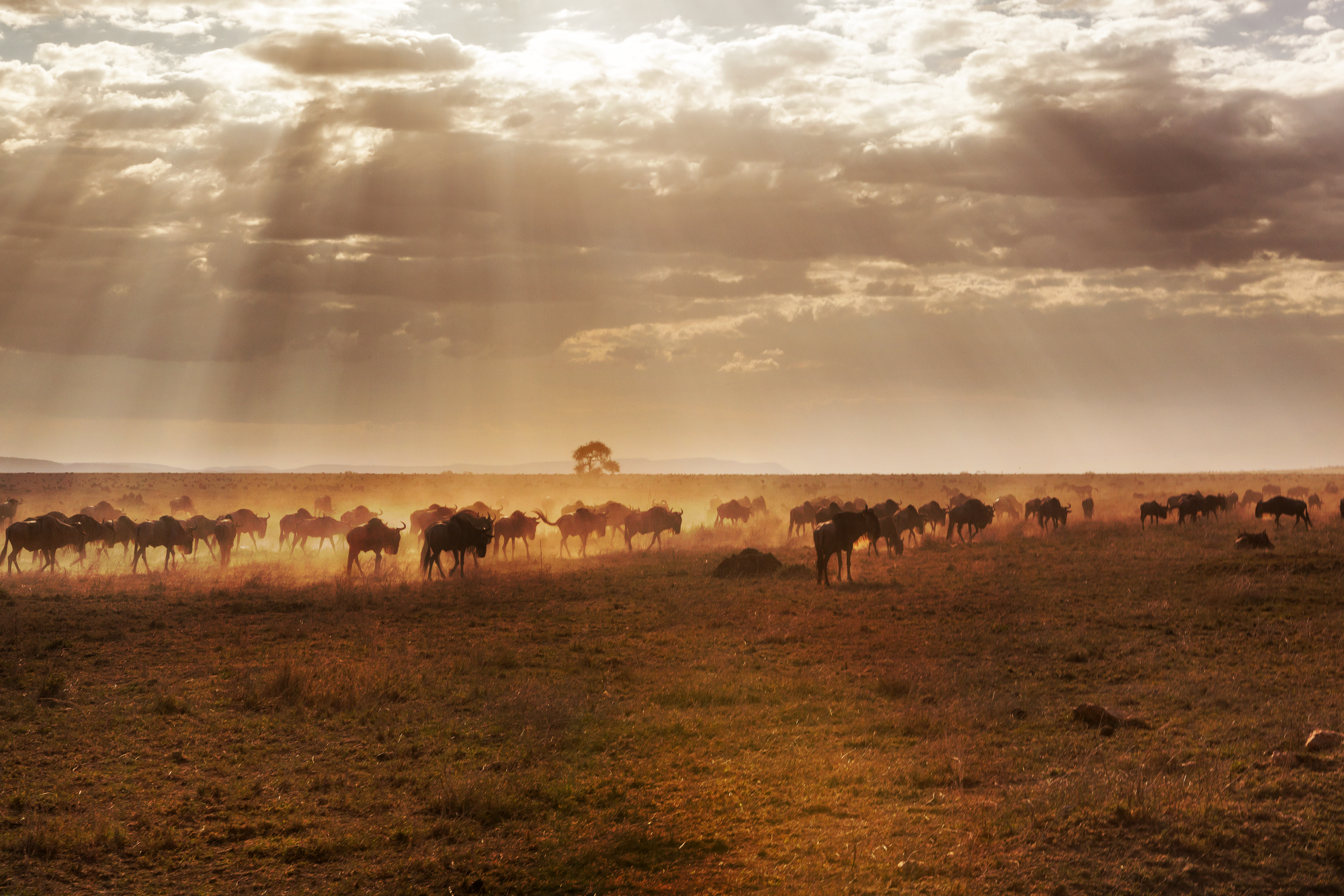Hunting in Australia is often caught between extremes—seen either as a relic of a violent past or a deeply meaningful engagement with the natural world. But while Indigenous hunting practices are widely studied and respected, non-Indigenous hunting—especially the cultural, ethical, and ecological reasons people still hunt today—is largely overlooked in research.
This paper pushes back against that silence. It frames hunting not as sport or cruelty, but as an act of connection—between humans, animals, ecosystems, and responsibility. Hunting isn’t about domination; it’s about understanding life and death firsthand, acknowledging the ethical weight of taking a life for food, and recognizing our role in ecological systems. As they hunt with their children on land and in the sea, the act becomes something bigger: a way of living that honors both sustainability and self-reliance.
In a world facing ecological crisis, hunting—when done thoughtfully and respectfully—can be a form of ecological relationship, not just resource use. For conservationists, land stewards, and ethical hunters, this perspective offers a powerful counter to simplistic narratives.

